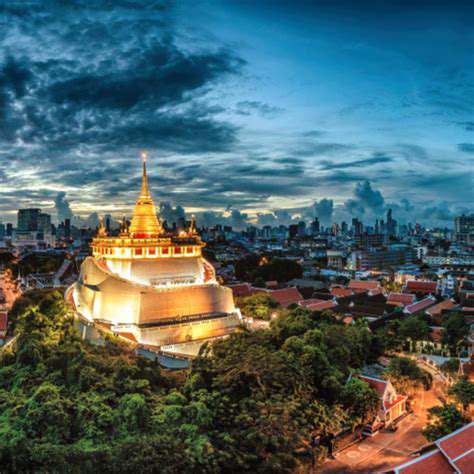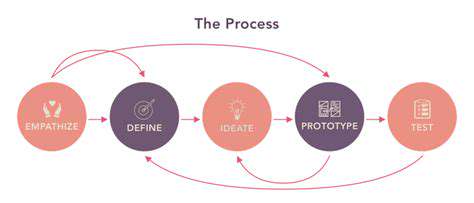
Exploring the Essence of Eastern Spirituality
East Asian spirituality encompasses a rich tapestry of traditions, philosophies, and practices, woven from centuries of cultural exchange and introspection. This intricate web of beliefs, often intertwined with nature and societal harmony, offers profound insights into the human condition and the pursuit of a meaningful life. Understanding these diverse spiritual paths provides a unique lens through which to view the world and appreciate the depth of Eastern thought.
From ancient Confucian principles to the profound insights of Zen Buddhism, East Asian spirituality emphasizes the cultivation of inner peace and harmony with one's surroundings. This emphasis on self-cultivation and ethical conduct has profoundly shaped the cultural landscape of the region, influencing everything from art and literature to social interactions and personal values.
The Role of Confucianism in Shaping East Asian Values
Confucianism, a philosophical system originating in ancient China, has profoundly influenced the social and ethical fabric of East Asian societies. Its core tenets emphasize filial piety, respect for elders, and the importance of social harmony. These principles, deeply ingrained in the cultural consciousness, continue to shape family structures, interpersonal relationships, and societal norms in many East Asian countries.
Confucianism emphasizes the importance of education and personal development as pathways to achieving a virtuous life. It fosters a hierarchical social structure, where respect for authority is paramount, and individuals are encouraged to fulfill their roles within the community.
Zen Buddhism and the Path to Enlightenment
Zen Buddhism, a school of Mahayana Buddhism, originated in China and has become a significant spiritual force throughout East Asia. Its core principles emphasize meditation, mindfulness, and the direct experience of reality. Zen practitioners strive to achieve enlightenment through rigorous self-discipline and the cultivation of inner wisdom.
Zen Buddhism encourages practitioners to confront their own limitations and attachments, ultimately leading to a deeper understanding of the interconnectedness of all things. This profound understanding is seen as a key to achieving inner peace and transcending the limitations of the ego.
Daoism and Harmony with Nature
Daoism, another significant philosophical tradition originating in ancient China, emphasizes living in harmony with the natural order. Daoists believe that the Dao, or the Way, is the fundamental principle underlying all existence. This principle, often described as the natural flow of the universe, guides individuals towards a balanced and fulfilling life.
Embracing spontaneity and simplicity, Daoism encourages individuals to live in accordance with the natural rhythms of the world. This philosophy fosters a deep respect for nature and encourages individuals to find balance and harmony within the natural order.
Shinto and the Spirit of Japan
Shinto, a religion uniquely Japanese, centers on reverence for the spirits of nature and ancestors. Shinto emphasizes the importance of purity, ritual, and community. Its practices and beliefs are deeply intertwined with Japanese culture and traditions, shaping artistic expressions, social customs, and spiritual values.
Shinto's emphasis on the sacredness of nature and the reverence for ancestors fosters a strong sense of connection to the past and a deep appreciation for the natural world. This connection to the divine and the ancestral has profoundly influenced Japanese identity and cultural expression.
The Influence of East Asian Spirituality on Modern Life
The enduring principles of East Asian spirituality continue to resonate in modern society. Concepts like mindfulness, meditation, and the importance of interpersonal harmony are increasingly recognized for their potential to foster well-being and promote positive social interactions. These ancient philosophies offer practical tools for navigating the complexities of contemporary life.
East Asian spirituality provides a powerful framework for understanding the interconnectedness of all things, promoting empathy, and encouraging a more balanced and fulfilling life. Its influence is evident in the growing popularity of mindfulness practices and the increasing interest in Eastern philosophies around the globe.











